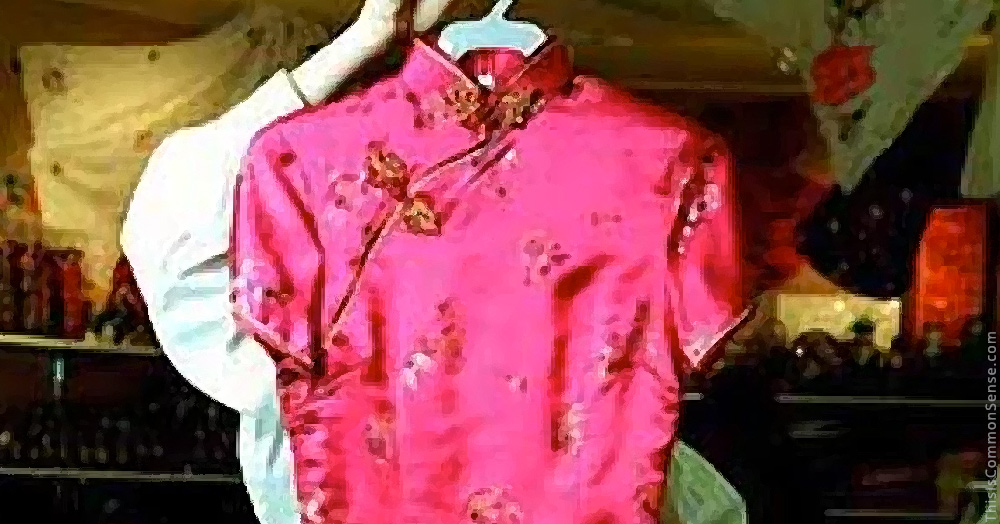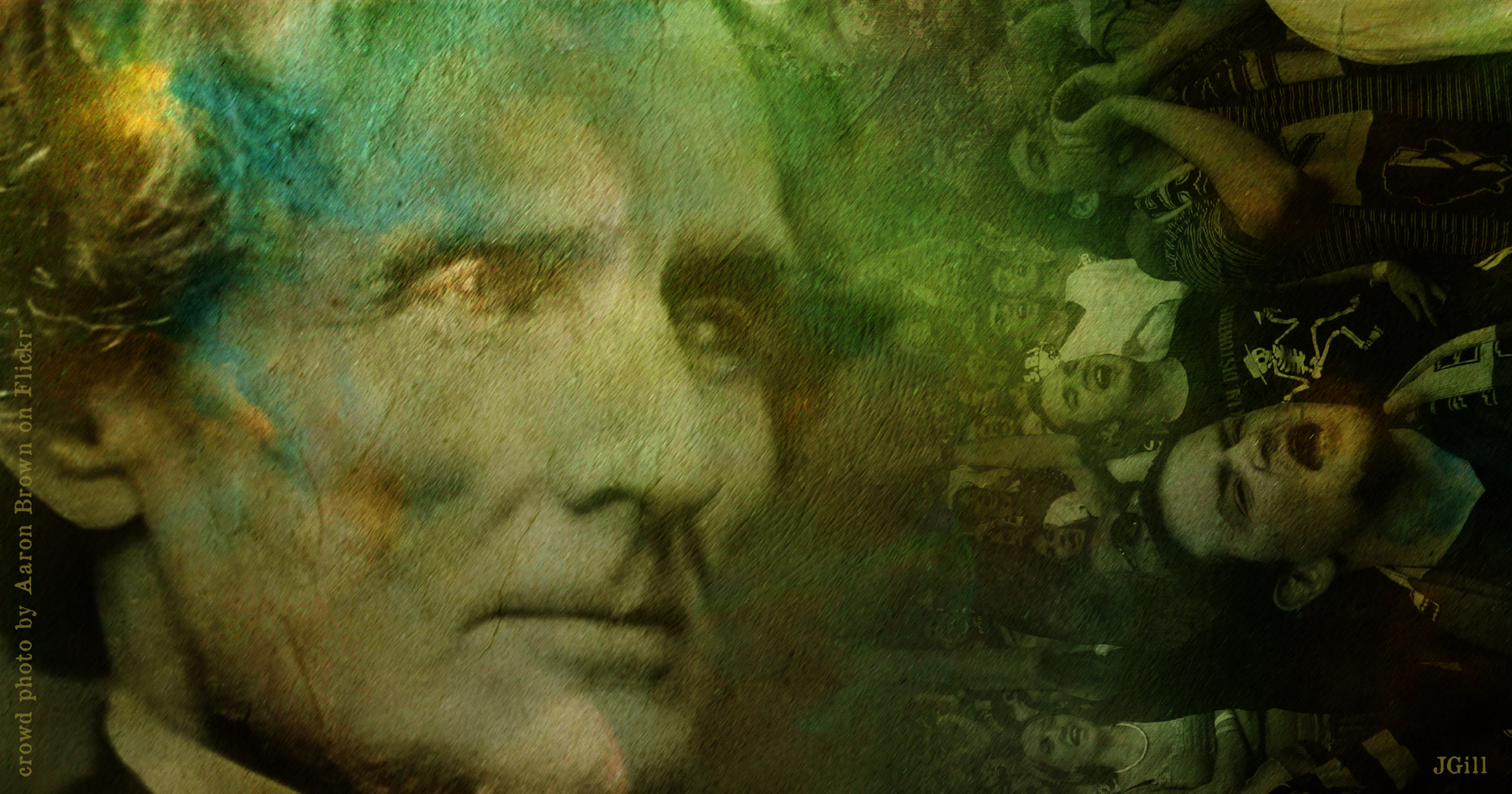We live in a new Age of Offense. A whole lot of people make a whole lot of fuss about what other people say and listen to, view and experience.
Then again, some things are enormously offensive.
One of the latest offense-takings takes place in Israel, where a classical music station played music by Richard Wagner. And so of course had to apologize.
The music played was from the final opera in Wagner’s Ring Cycle. Not my cup of tea. Or coffee. Or latte. As those who follow me on Facebook know, I have varied musical tastes, but more classic rock than classical.
Israelis who listen to classical tend to be none too fond of Wagner not because he was an especially bad composer (I’m told he is a “Great”) but because he was very much an anti-Semite, and Hitler’s favorite composer.
“While there is no law in Israel banning the German composer’s works from being played,” The Telegraph informs us, “orchestras and venues refrain from doing so because of the public outcry and disturbances accompanying past attempts.”
Understandable.
Still, some Israelis do like Wagner’s music. But since the radio station is State-owned and -controlled, the Israel Wagner Society’s president’s admonishment that “Whoever doesn’t want to hear the music can always turn the radio off,” doesn’t quite work.
That would apply only were the station owned by the Israel Wagner Society — willing to bear the loss of customers one might expect in Israel.
In America, of course, Wagner is often on the air.
And those who object . . . turn the dial.
This is Common Sense. I’m Paul Jacob.











